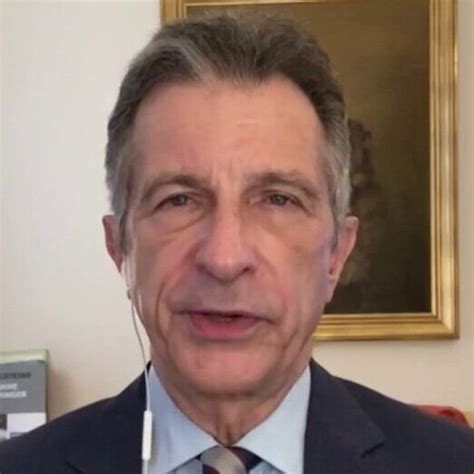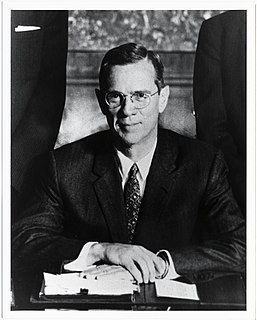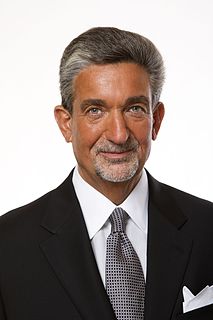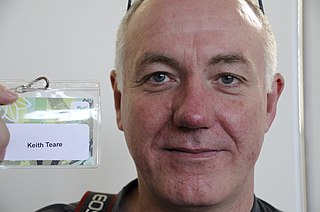A Quote by Daniel Henninger
The power of the Web is obvious and undeniable. We diminish it at our peril. But what if the most potent social effect to spread outward from the Internet turns out to be disinhibition, the breaking down of personal restraints and the endless elevation of oneself? It may be already.
Related Quotes
Many people do not know that they can strengthen or diminish the life around them. The way we live day to day simply may not reflect back to us our power to influence life or the web of relationships that connects us. Life responds to us anyway. We all have the power to affect others. We may affect those we know and those we do not even know at all. . . . Without our knowing, we may influence the lives of others in very simple ways.
The web is more a social creation than a technical one. I designed it for a social effect - to help people work together - and not as a technical toy. The ultimate goal of the Web is to support and improve our weblike existence in the world. We clump into families, associations, and companies. We develop trust across the miles and distrust around the corner.
Power is a central issue in social and personal transformation. Our sources and uses of power set our boundaries, give form to our relationships, even determine how much we let ourselves liberate and express aspects of the self. More than party registration, more than our purported philosophy or ideology, personal power defines our politics.
Our culture has a tendency to pigeonhole people and to try to tear down anybody who's breaking out of our comfort zone. That's why we get into these cultural ruts that end up being destructive prejudices. But breaking out of that comfort zone is the most rewarding thing you can do, in your life. I do my best to push myself, when I can.
Many of our students want to do what they have done and that has made them successful thus far in their lives: play by the rules, and do what is expected. But as much social science research and writing by Malcolm Gladwell, among others, make clear, the rules are mostly created by those already in power so obtaining power often entails standing out and breaking rules and social conventions.
I think that the Internet is going to effect the most profound change on the entertainment industries combined. And we're all gonna be tuning into the most popular Internet show in the world, which will be coming from some place in Des Moines. We're all gonna lose our jobs. We're all gonna be on the Internet trying to find an audience.

































